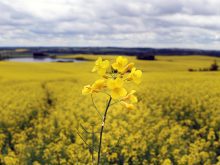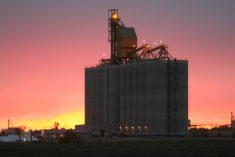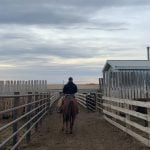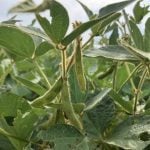The U.S. rule to allow imports of older cattle and their beef could be published by year end.
“There seems to be a desire to get something published before the end of the year,” said Dennis Laycraft, executive vice-president of the Canadian Cattlemen’s Association.
When that happens, Canada will be ready to comment on Rule 2, which must first go to the U.S. Office of Budget and Management for further
analysis.
It was hoped that regulation would be in place this year, but a BSE case in a four-year-old dairy cow from Alberta delayed it until U.S. officials could review the investigation report from the Canadian Food Inspection Agency.
Read Also
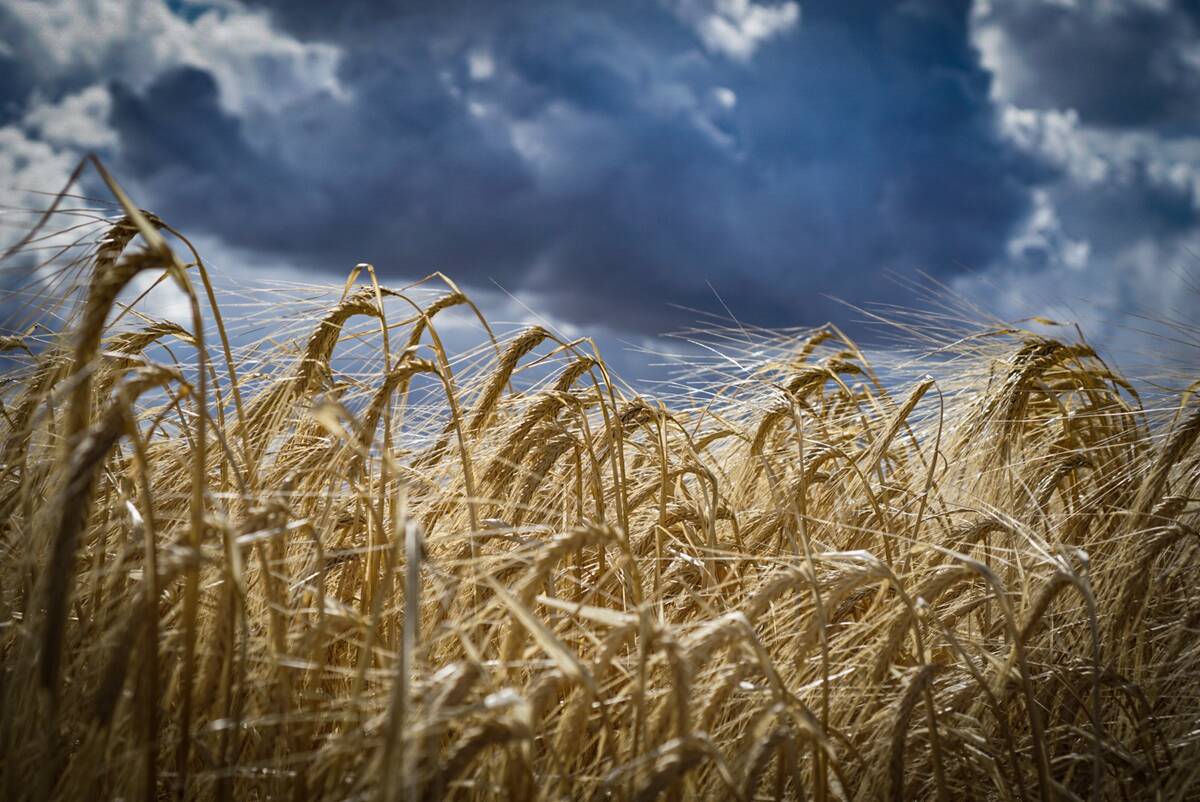
Malting barley exporters target Mexican market
Canada’s barley sector is setting its sights on the Mexican market to help mop up some of the lost demand from China
A rule to allow beef, youthful cattle, sheep, goats and other ruminants into the country came into effect in July 2005.
Some amendments to that rule have been published in the federal register with a comment period ending Nov. 24.
The changes include accepting individual identification for cattle, sheep or goats other than the official ear tags. In some cases, the anatomy of the animal makes it difficult to attach a permanent tag so inspectors may accept other identification such as health certificates, brands and tattoos when accompanied by official certificates of inspection.
The amendment also proposes allowing gelatin derived from bovine hides as long as it was not mingled with gelatin obtained from bones. There is no evidence of BSE infectivity found in hides.
Another amendment allows for the importation of non-ruminant protein and tallow, providing it was not mingled with ruminant renderings or came from the same facility used to render ruminants.





